Team
AG Schmidt-Supprian
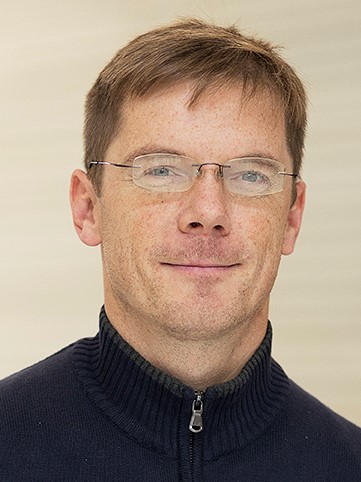
Marc Schmidt-Supprian studied chemistry and biochemistry at the Universities of Würzburg and Tübingen and Trinity College Dublin. Between 1999 and 2003 he performed his doctoral studies under the supervision of Professor Rajewsky at the University of Cologne and Harvard Medical School, acquiring his doctorate in 2003. He continued to work with Professor Rajewsky at Harvard as a postdoctoral fellow (2004) and as a junior investigator/instructor in pathology (2004-2007). At the end of 2007 Marc started a DFG Emmy Noether research group at the Max Planck Institute of Biochemistry. In 2014 he was appointed to a tenure track professorship position at TUM and is since 2019 director of the Institute of Experimental Hematology.
- no information -
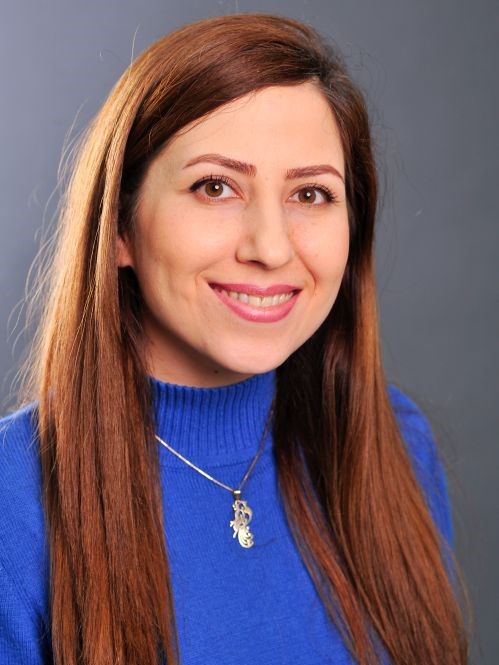
I received my PhD degree in Biomedical Sciences from the International Centre for Genetic Engineering and Biotechnology (ICGEB), Trieste, Italy. In November 2019, I joined the Schmidt-Supprian group as a postdoc researcher where I can best fulfill my interests to reveal the role of RNA binding proteins (RBPs) in germinal center B cell biology.
- no information -
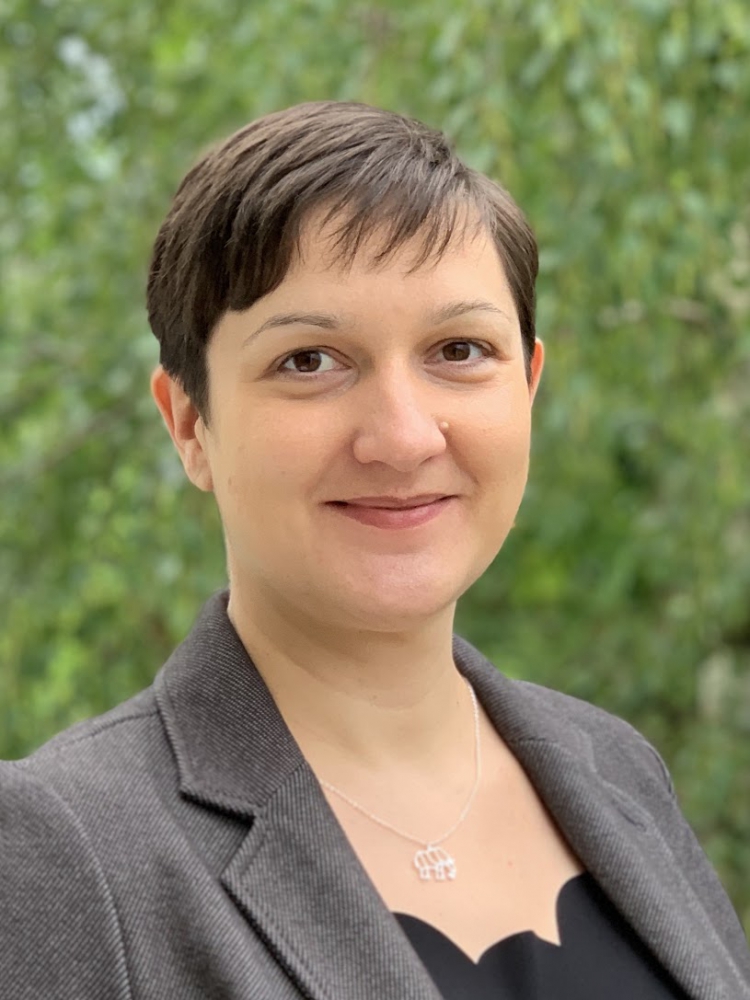
In 2007, I graduated in biochemistry at the university in Tübingen. Since my diploma and PhD thesis at the Max-Planck-Institute for biochemistry, I focus on cell adhesion and integrin-mediated processes in various blood cells. I joined the Schmidt-Supprian lab in July 2019, where I continue to study kindlin-3, a protein crucial for integrin function in hematopoietic cells.
- no information -
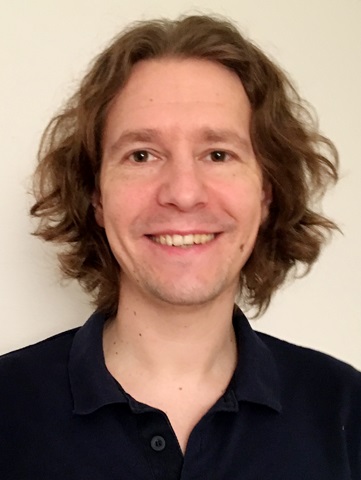
I studied biology at the Philipps University of Marburg before I joined the lab of Prof. Stefan Jentsch at the Max-Planck Institute of Biochemistry in Martinsried/Munich to work on Ubiquitin-like proteins and pre-mRNA processing during my PhD thesis. After graduation I joined Marc's lab in July 2014 as a postdoc focusing on bidirectional cell cell communications between immune cells and their microenvironment in the bone marrow during lymphomagenesis. We aim to elucidate specific alterations and aberrant signaling networks in the bone marrow niches that serve as predisposition events permitting mutant haematopoietic cell survival and expansion at early stages of leukemic transformation.
- no information -
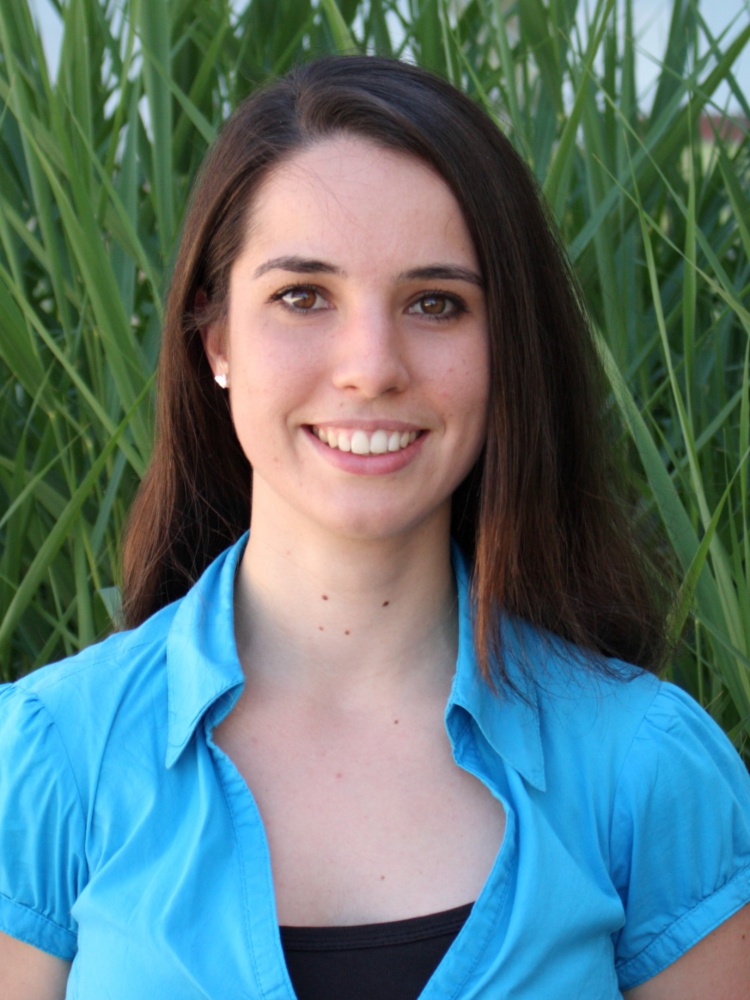
In 2015 I joined the Schmidt-Supprian lab as PhD student to explore the role of the NFkB regulator A20 in the development of B cell-mediated autoimmunity and B cell lymphoma. After having a baby in 2020, I now work part time on the project and part time as mother.
- no information -
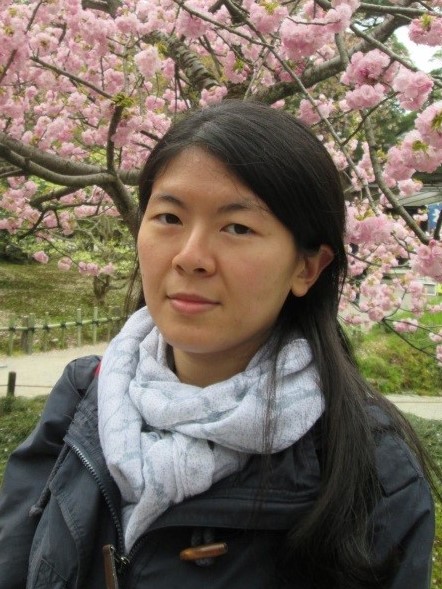
I studied innate immune signaling and received my master's degree at National Taiwan University, Taiwan. In November 2019, I joined the group and started my PhD studies. My project aims to utilize fluorescence reporter system to identify critical post-transcriptional regulation events during germinal center B cell differentiation.
- no information -
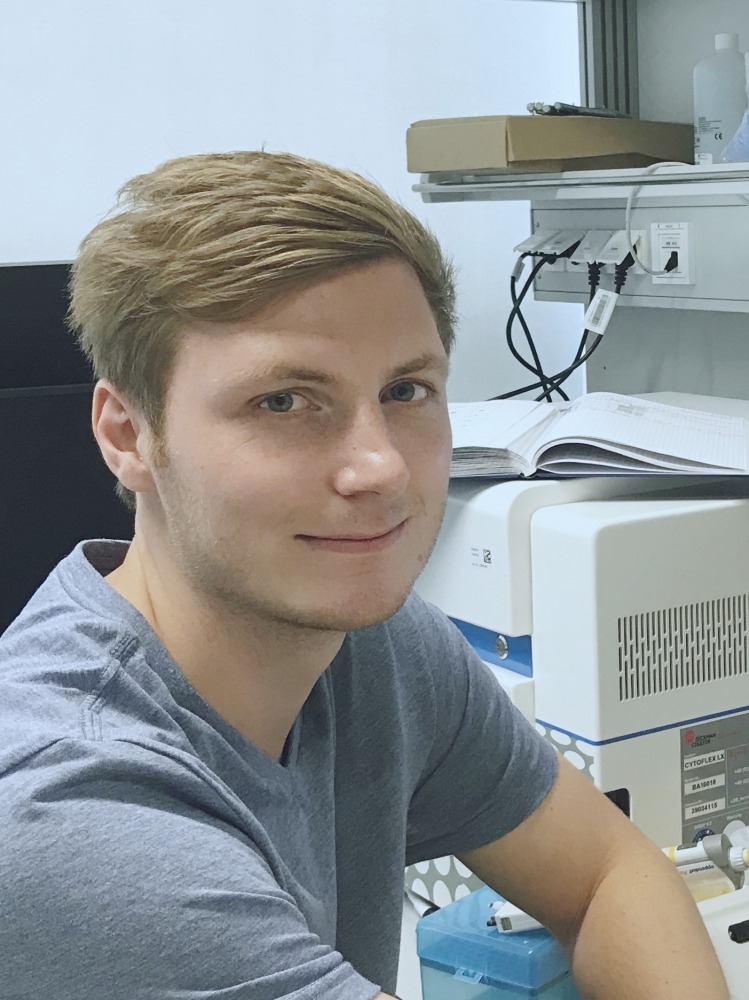
In 2018 I received my master’s degree from the Paris-Lodron University of Salzburg and the Johannes-Kepler University of Linz. During my Master’s studies I focused on innate immunity and determined whether mast cells can contribute to immune polarization. For my PhD project I try to assess the role and function of novel mast cell mediators in immunity.
- no information -

In 2018 I received my master’s degree from the University of Munich (LMU). After finishing an internship at the Center for Stem Cells & Regenerative Medicine at the King’s College London, I joined the lab. Here, my PhD project mainly focuses on the co-evolution of follicular lymphoma and its microenvironment.
- no information -
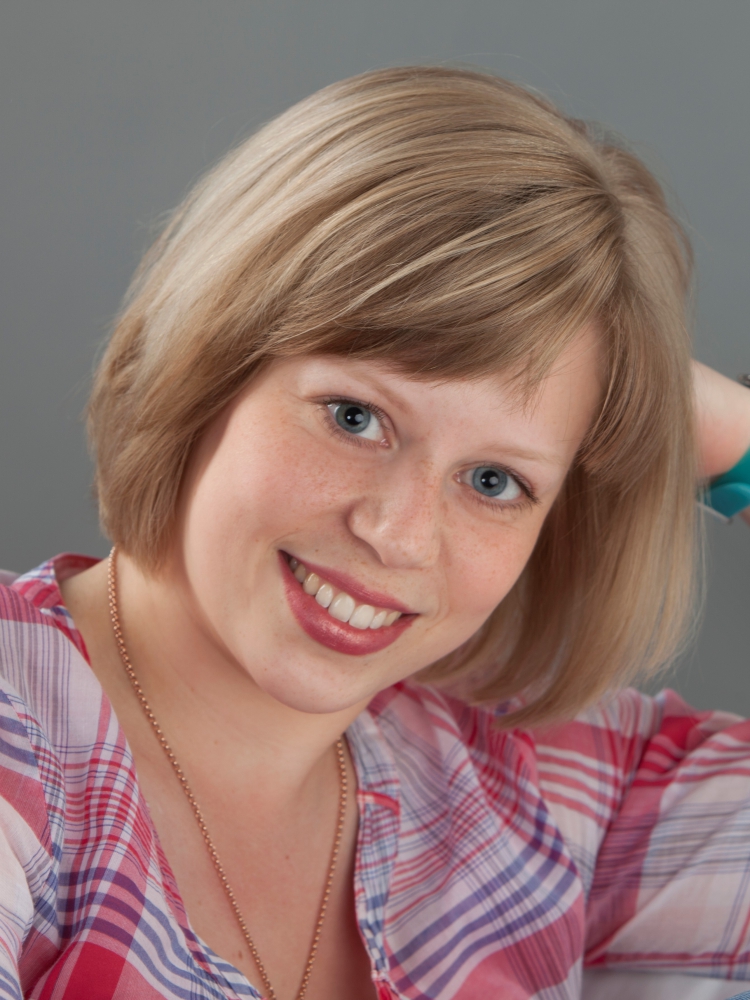
I finished my studies in Biochemistry with an exciting master thesis at the Institute of Molecular Technology (IMBA, Vienna) in 2017. Afterwards I was very happy to join the Schmidt-Supprian laboratory as a PhD student. My current research is centered around the diverse role of the RNA-binding protein Roquin in early and late B cell development using in vitro as well as in vivo model systems.
- no information -
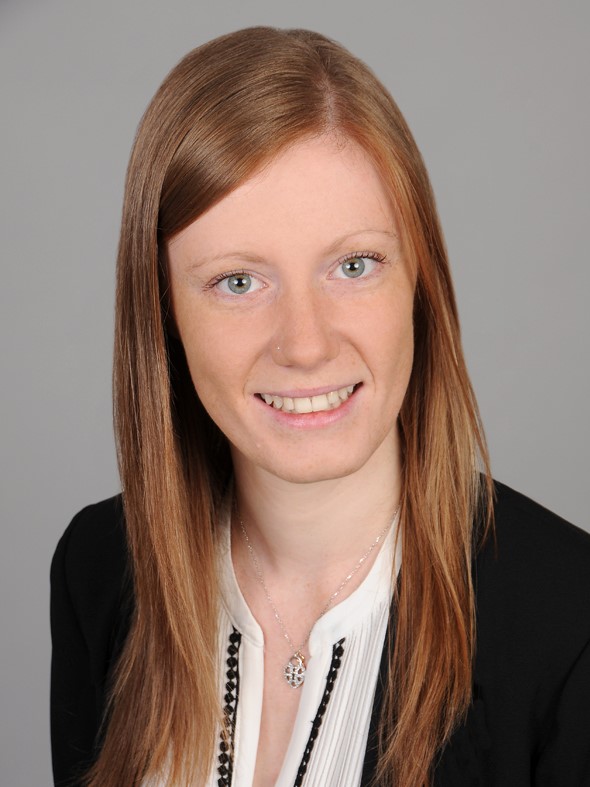
- no information -
